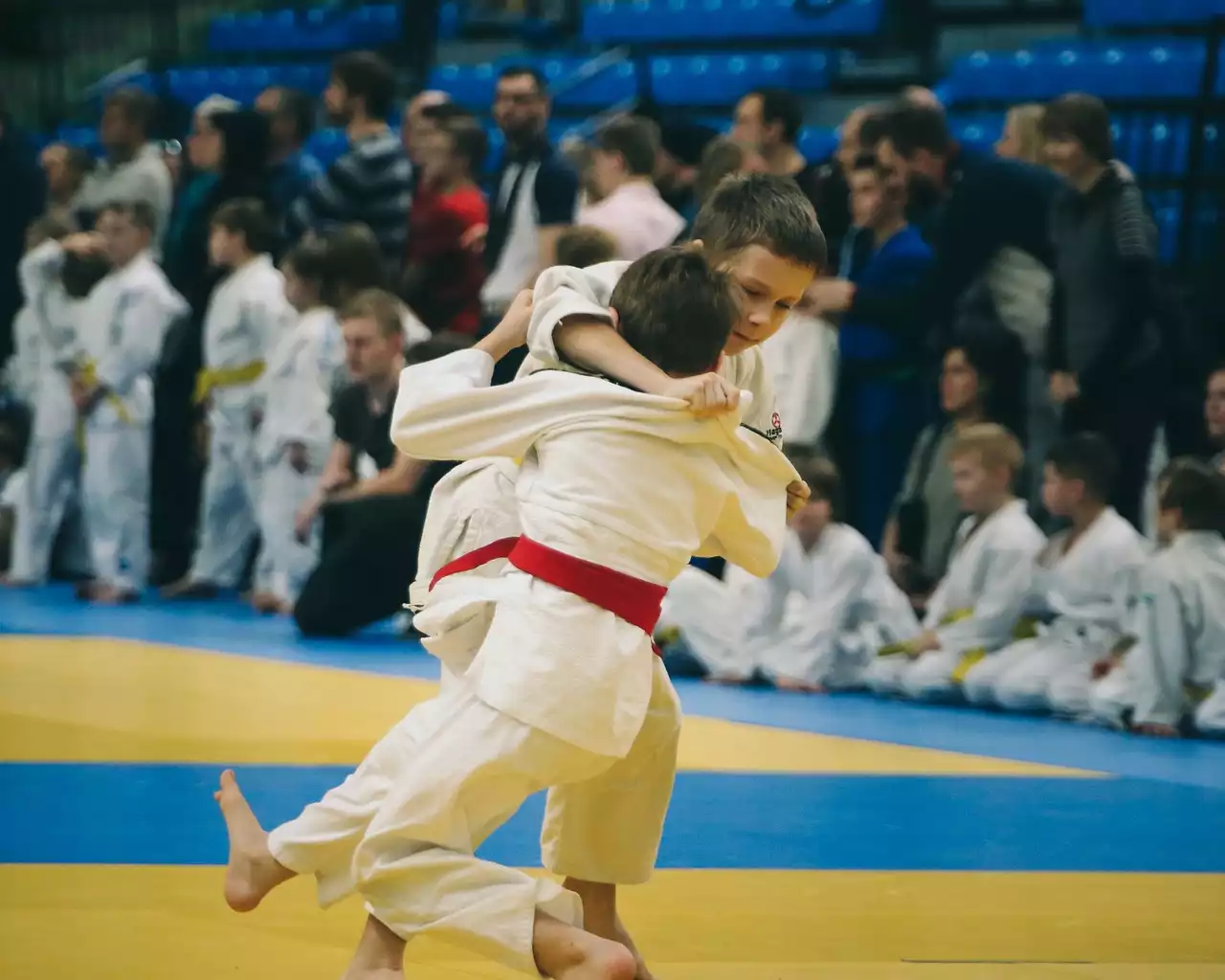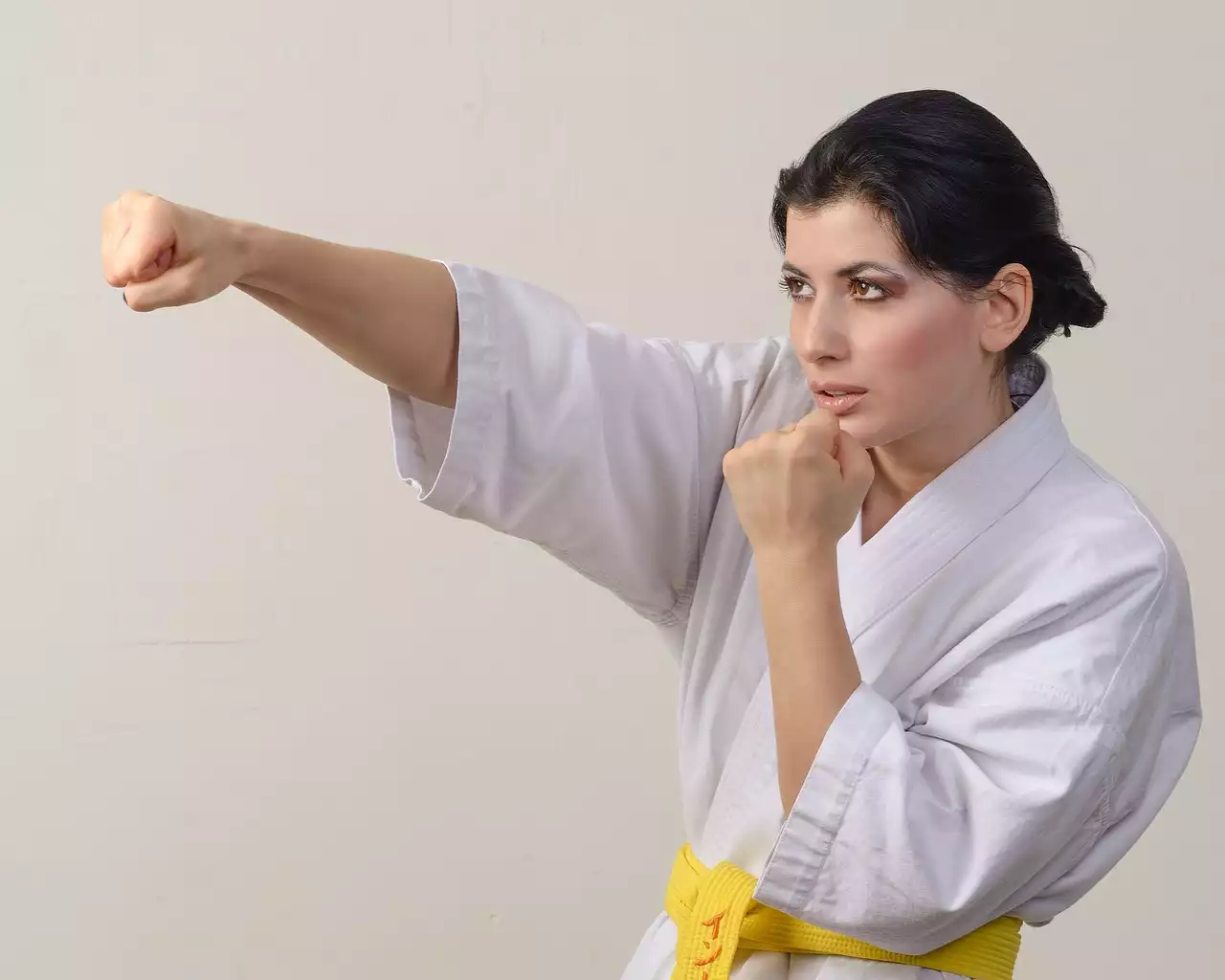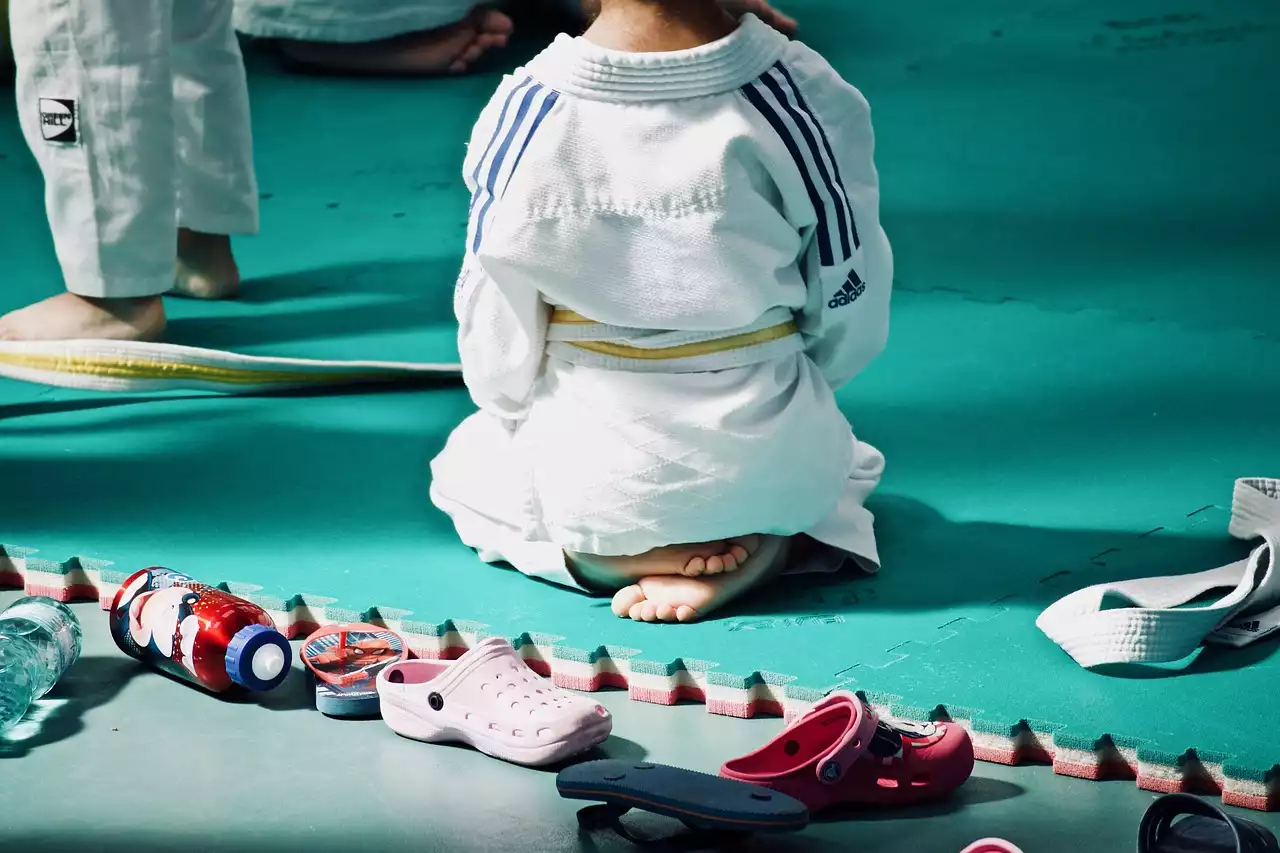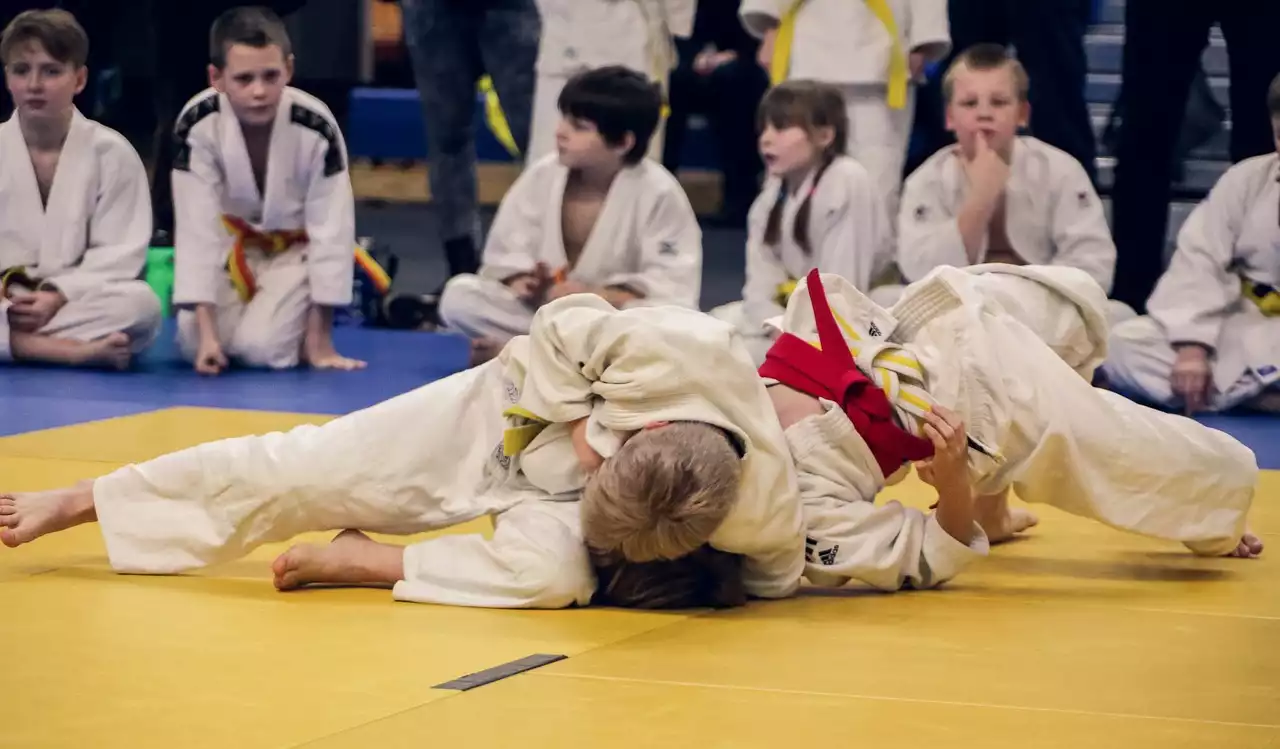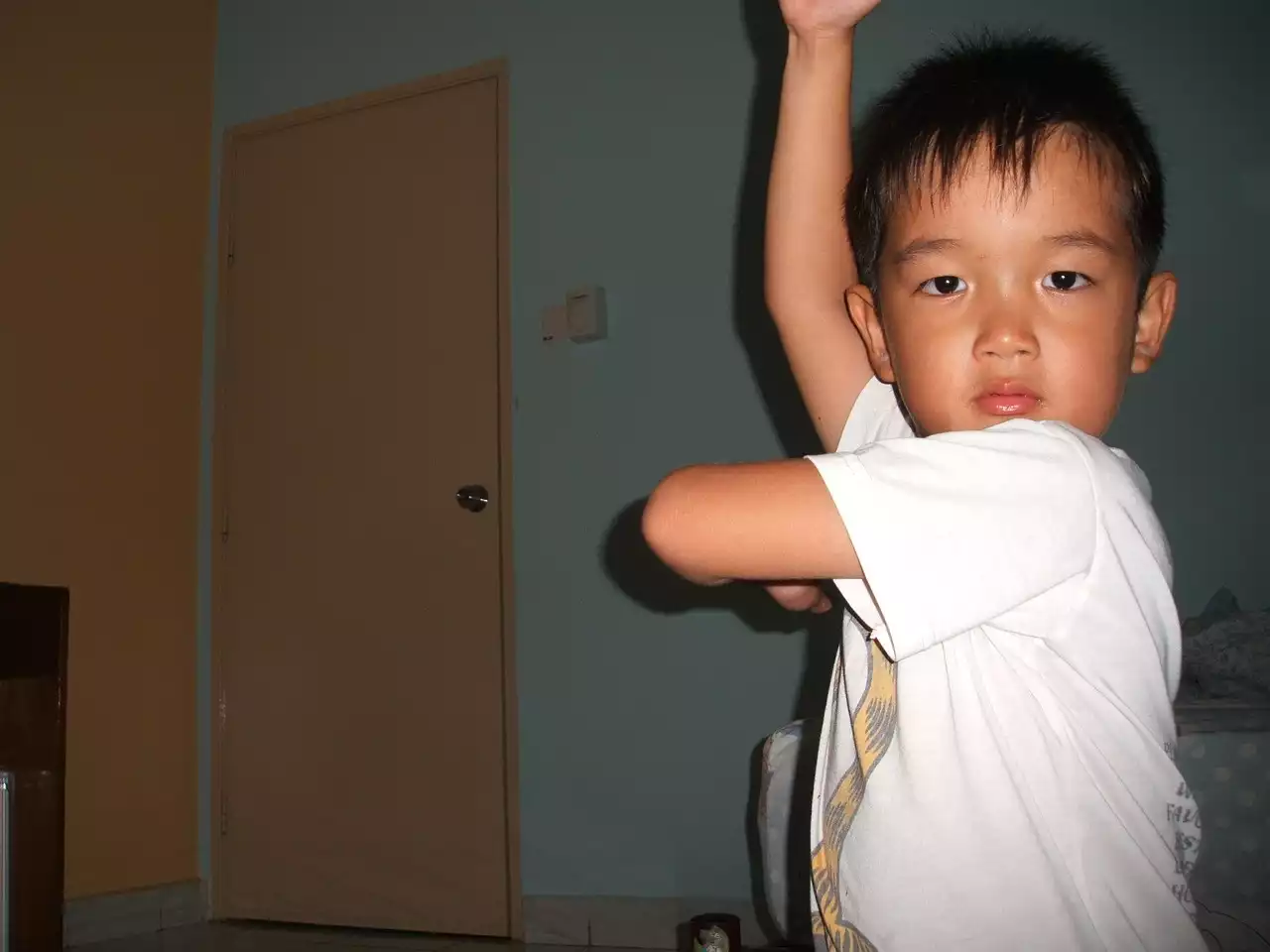Benefits of Judo Competitions for Kids
Judo competitions can be an excellent way for kids to improve their judo skills, build their confidence, and learn valuable life lessons. Competing in judo can teach children the importance of perseverance, determination, and sportsmanship. It can also help them develop a healthy competitive spirit and learn how to win and lose graciously.
Moreover, competing in judo can provide children with a sense of achievement and purpose. It can help them set and achieve goals, which can boost their self-esteem and motivation. Participating in tournaments can also expose kids to other talented judo players and inspire them to improve their skills.
However, it's essential to remember that not all children will enjoy or benefit from competing in judo. Some kids may prefer to focus on the technical aspects of the sport or participate in non-competitive events like demonstrations or camps. As a parent or coach, it's important to respect your child's preferences and goals and not push them into competing if they are not interested or ready.
Key Skills and Techniques for Judo Competitions
To succeed in judo competitions, children need to master a range of essential skills and techniques. These include throws, holds, chokes, and armlocks, as well as footwork, balance, and timing. They also need to learn how to read their opponents, anticipate their moves, and react quickly and effectively.
To develop these skills, children need to attend regular judo classes and practice with partners of different levels and styles. It's crucial to ensure that they receive proper instruction from qualified coaches who can teach them the correct techniques and safety protocols.
In addition to technical skills, children also need to develop their mental and emotional resilience. They need to learn how to handle stress, pressure, and setbacks, and maintain their focus and composure under challenging circumstances. They also need to cultivate a positive attitude and a growth mindset, which can help them learn from their mistakes and improve over time.
Physical and Mental Preparation for Judo Competitions
Preparing for judo competitions requires both physical and mental conditioning. Physically, children need to be in good shape, with strong muscles, flexible joints, and a healthy cardiovascular system. They also need to maintain an appropriate weight and body composition for their age and height, as excess body fat or muscle can affect their performance and safety.
To improve their physical fitness, children should engage in a variety of activities, including judo drills, cardio exercises, strength training, and stretching. They should also get enough rest and sleep, as well as proper nutrition and hydration, which we will discuss in more detail later.
Mentally, children need to be prepared to deal with the stresses and challenges of competition. They need to practice visualization and positive self-talk, which can help them build confidence and reduce anxiety. They also need to learn how to regulate their emotions and stay calm and focused in the face of pressure or distraction.
To develop these mental skills, children can use various techniques such as mindfulness, breathing exercises, and cognitive-behavioral therapy. They can also seek support from their coaches, parents, or mental health professionals if they experience persistent or severe anxiety or stress.
Training for Judo Competitions
To prepare for judo competitions, children need to follow a structured and progressive training program that focuses on their individual needs and goals. This program should include regular judo classes, as well as supplementary exercises and drills that target their weaknesses and enhance their strengths.
Ideally, children should start preparing for competitions several months in advance, depending on their experience and level of competition. During this time, they should gradually increase their training intensity and volume, with adequate rest and recovery periods to avoid overtraining and injury.
It's also essential to vary the training routine to prevent boredom and burnout and keep the child motivated and engaged. This can include training with different partners, attending workshops or camps, or competing in non-judo events like running or swimming.
Nutrition and Hydration for Judo Competitions
Proper nutrition and hydration are crucial for children's performance and safety in judo competitions. Children need to consume a balanced and varied diet that provides them with enough energy, protein, carbohydrates, and micronutrients to support their growth and development.
They should also pay attention to their hydration status and drink enough water or sports drinks to maintain their fluid balance and prevent dehydration. They should avoid sugary or caffeinated drinks, as well as alcohol or drugs, which can impair their judgment and coordination.
On competition day, children should eat a light and nutritious meal several hours before their match to ensure they have enough energy and avoid stomach discomfort. They should also bring healthy snacks and drinks to the competition venue, such as fruits, energy bars, or isotonic drinks, to replenish their energy and fluid stores between matches.
Safety Tips for Judo Competitions
Judo is a relatively safe sport, but like any contact sport, it carries some risks of injury. To minimize these risks, children and their parents or coaches should follow some basic safety guidelines and protocols.
These include checking the child's health and fitness before competing, warming up and cooling down properly, wearing appropriate protective gear, such as a judo gi, headgear, or mouthguard, and following the rules and regulations of the competition.
They should also pay attention to their surroundings and avoid practicing or competing on unsafe or poorly maintained surfaces or equipment. If an injury occurs, they should seek immediate medical attention and follow the recommended treatment and rehabilitation plan to ensure full recovery and prevent re-injury.
How to Find and Register for Judo Competitions
Finding and registering for judo competitions can be a fun and exciting process for kids and their parents or coaches. There are several ways to locate and participate in judo events, including local, national, and international tournaments, as well as non-competitive events like demonstrations or camps.
To find judo competitions, children and their parents or coaches can check with their local judo club, national or regional judo federation, or online platforms that list upcoming events. They should also review the competition rules and regulations, including age categories, weight classes, and scoring systems, to ensure they meet the eligibility criteria and understand the format and requirements of the event.
Once they have identified a suitable competition, they should register online or in person, depending on the event's rules and procedures. They should also pay the registration fees and submit any required documents or forms, such as medical certificates or parental consent.
What to Expect on Competition Day
On competition day, children and their parents or coaches should arrive early at the venue to allow enough time for registration, warm-up, and familiarization with the surroundings. They should also bring all the necessary equipment and gear, such as a judo gi, belt, and protective gear, as well as snacks, drinks, and a first-aid kit.
During the competition, children should listen to their coaches and follow their instructions and strategies. They should also respect their opponents and the rules of the competition, such as bowing, shaking hands, or following the referee's signals.
After each match, children should reflect on their performance and identify areas for improvement or adjustment. They should also congratulate their opponents and learn from their strengths and weaknesses.
Post-Competition Reflection and Improvement
After the competition, children and their parents or coaches should take some time to reflect on their experience and identify lessons learned and areas for improvement. They should celebrate their successes and achievements and learn from their mistakes and setbacks.
They should also use this feedback to adjust their training program and set new goals and challenges for the future. This can include attending more competitions, seeking higher-level opponents, or mastering new techniques and skills.
Ultimately, judo competitions can be a rewarding and enriching experience for children, as long as they are adequately prepared and supported. By following these tips and guidelines, parents and coaches can help their kids develop their judo skills, build their confidence and resilience, and enjoy the thrill and excitement of competition.
